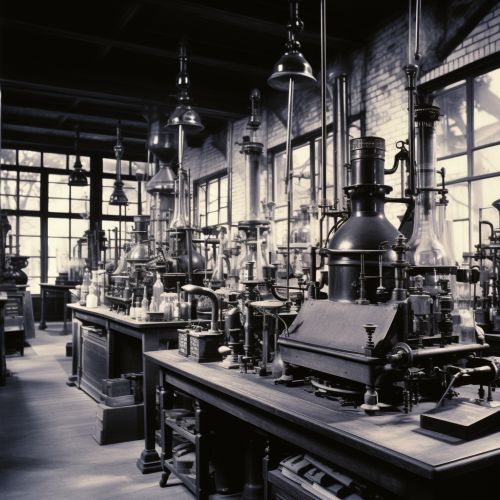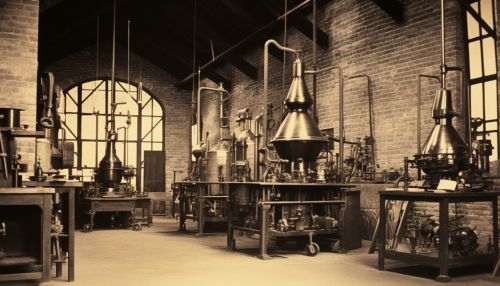Robert H. Goddard
Early Life
Robert H. Goddard was born on October 5, 1882, in Worcester, Massachusetts. He was the only child of Nahum Danford Goddard and Fannie Louise Hoyt. Goddard's father was a businessman, and his mother was a homemaker. Goddard was often ill as a child, which led him to become an avid reader. He developed an interest in science at a young age, particularly in physics and astronomy.
Education
Goddard attended South High Community School in Worcester, where he excelled in his studies. He later attended Worcester Polytechnic Institute, where he studied physics. He graduated in 1908 and went on to earn a master's degree in physics from Clark University in 1910. In 1911, Goddard received his Ph.D. in physics from Clark University, becoming one of the first people in the United States to earn a doctorate in this field.
Career and Contributions
Goddard's career was marked by his pioneering work in rocketry. He is often referred to as the father of modern rocketry due to his significant contributions to the field. In 1914, he received two U.S. patents for his designs of a rocket using liquid fuel and a multi-stage rocket. His work laid the foundation for the development of both the V-2 rocket used by Germany during World War II and the rockets used by NASA in the Apollo moon missions.
In 1926, Goddard successfully launched the world's first liquid-fueled rocket in Auburn, Massachusetts. The rocket, which he named "Nell," reached an altitude of 41 feet and a speed of approximately 60 miles per hour. This event marked a significant milestone in the history of rocketry and space exploration.
Goddard continued his work on rocketry throughout his career, making numerous contributions to the field. He developed and patented several innovative designs and technologies, including a steerable thrust system, a gyroscopic stabilization system, and a regeneratively cooled rocket engine.
Later Life and Legacy
Goddard moved to Roswell, New Mexico, in 1930, where he continued his rocket experiments. He worked in Roswell until his health began to decline in the late 1940s. Goddard passed away on August 10, 1945, in Baltimore, Maryland.
Goddard's work has had a profound impact on the field of rocketry and space exploration. His innovations and inventions laid the groundwork for the development of modern rocket technology. Today, Goddard is recognized as one of the pioneers of rocketry, and his contributions to the field continue to be celebrated.


